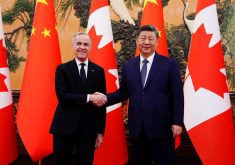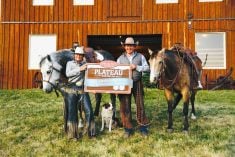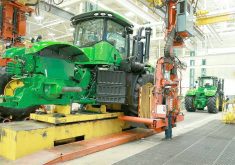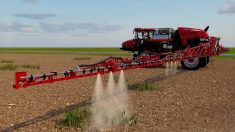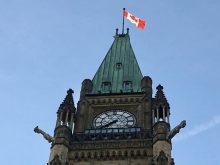The European Union’s financial crisis is big news these days, which made a seminar for North American journalists about EU monetary policy particularly timely.
But when asked about the future of the Common Agricultural Policy, which we are often told is unsustainable and about to break the EU bank, EU officials were somewhat bemused.
It soon became clear that agricultural spending cuts aren’t imminent, despite the fact that the CAP’s 40-billion euro ($54 billion) budget consumes between 40 and 50 per cent of the European Commission’s overall budget.
Read Also
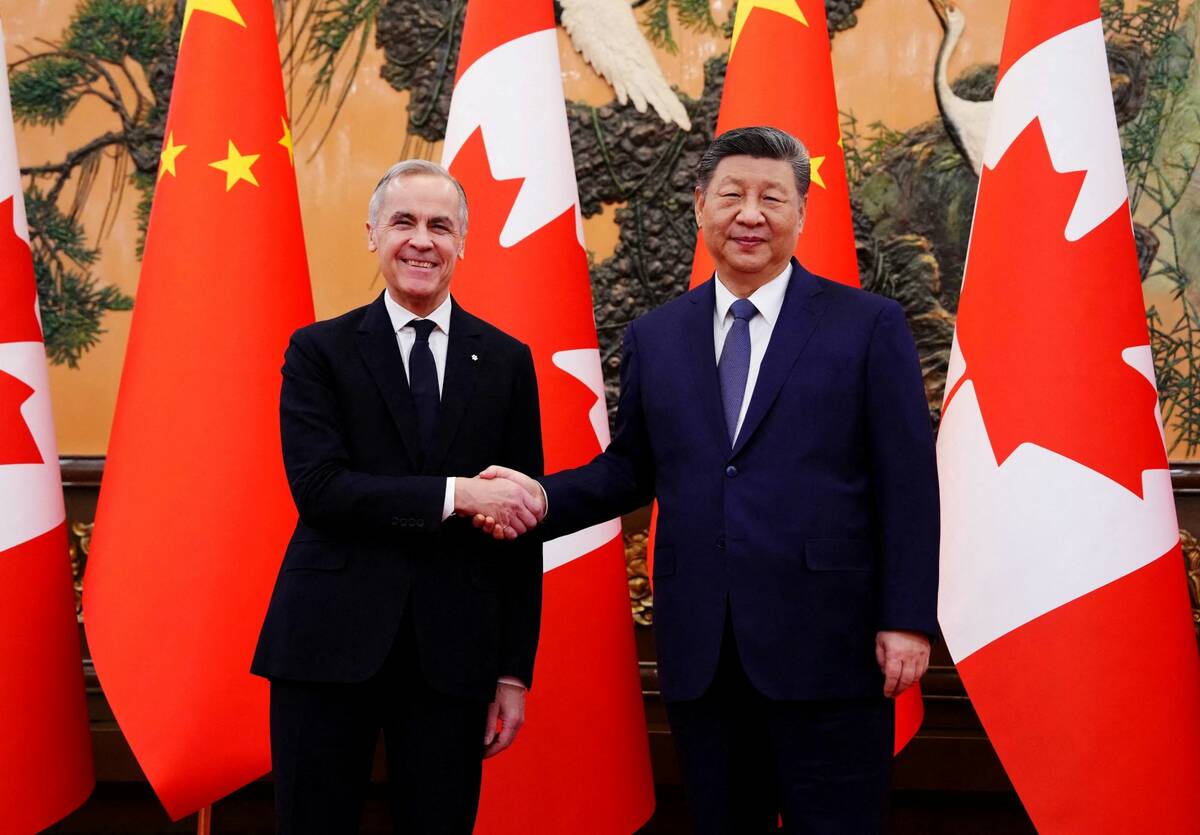
Pragmatism prevails for farmers in Canada-China trade talks
Canada’s trade concessions from China a good news story for Canadian farmers, even if the U.S. Trump administration may not like it.
There are two reasons. First, the CAP, which dates back to the early 1960s, was one of the EU’s building blocks. It was forged of necessity, a common effort to bring political stability through food security to a region still suffering the after effects of war.
The CAP, through the evolutions of the policies since, is still about food security. Despite the reality that the EU has grown to become the world’s largest agricultural exporter, it is also the world’s largest importer.
Secondly, the EC’s total budget only represents one per cent of the EU’s collective GDP. That budget, set every five years, remains intact until 2013.
“CAP for 2011 will be exactly as planned, whereas in virtually every other sector of public spending in Europe – because it is done at a national level – there are enormous cuts,” Roger Waite, agricultural spokesperson for the EC, said in an interview.
If agricultural spending were left up to individual states, wealthier nations might use their deeper pockets to further their industries. At the same time there would be less coherence between countries, which, as Canadian farmers well know, undoubtedly leads to friction on the trade front.
The EU, now a collection of 27 member states with 23 official languages, can hardly afford that – especially in the context of the present financial crisis.
Change coming
This is not to suggest the CAP is immune to reform.
The budgetary security enjoyed by farmers has become a political liability. While workers lose their jobs, and pensions and unemployment benefits are cut as governments scramble to get their debt under control, some of the wealthiest people in the countryside – dubbed the “barley barons” – continue to receive fat cheques from Brussels.
Linking direct subsidies to new “green” objectives would help justify the policy to EU taxpayers, even though it will mean cuts for some.
“The CAP has never been so close to a crisis of legitimacy as it is today,” EU Agriculture Commissioner Dacian Ciolos says in a recentReutersreport. “This is an opportune moment to refocus (the CAP) in line with the expectations of society.”
But rather than being a point of contention, the CAP serves as a foundation for further integration in the EU. Officials at all levels in the governing bodies in the Brussels and at the European Central Bank in Frankfurt are now saying the key strategy for avoiding a repeat of the current financial crisis, will be a further integration of monetary and fiscal policy.
Some even suggest behind the scenes that the present crisis has created the momentum needed to fast-track those efforts.
Many outside observers, have predicted this macro experiment in multiculturalism united under a common governing council is doomed to fail. It’s true that the huge cultural differences and varying degrees of economic strength and weakness, create tension.
But this region of the world understands better than most that the alternatives are much worse.



